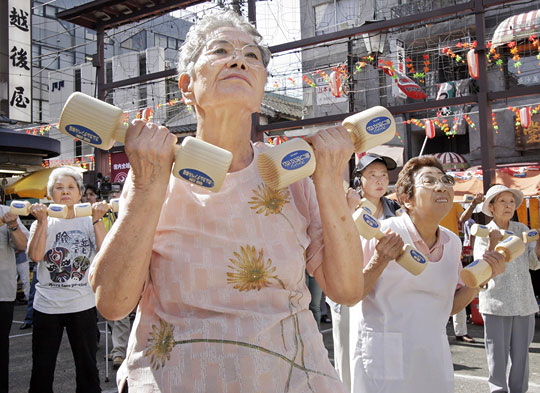
The following is the first of several (slightly modified) excerpts I’d like to share from my book Japan’s Open Future.
The Japanese government affirms that “refugee assistance is a bounden duty of a member of the international community,” and “one of the important pillars of Japan’s contribution to world peace and prosperity.” The country does send money to support refugees overseas—it gave $75 million in 2006 to the UN High Commissioner for Refugees (UNHCR). But the reality inside Japan is a far cry from its rhetoric and money sent abroad; any refugee who seeks a home in Japan is playing against terrible odds. Between 1981, when Japan ratified the UN Convention on Refugees, and 2002, Japan accepted just over 300 people as refugees. Put differently, all the refugees Japan admitted over a twenty-year period under the convention could fit onto a single airplane. Consider the difference: whereas in 2001 Japan admitted 26 refugees out of about a million asylumseekers worldwide, in that same year the US admitted more than 20,000, Germany admitted more than 17,000 and Britain admitted more than 14,000. Even though the US and Europe have tightened their rules since 9/11, they still admit far more refugees than Japan. As TAKIZAWA Saburo, the UNHCR Representative in Japan, commented in a 2008 speech, “The ratio of asylum seekers coming to Japan is only 0.0013%”; when they look to Japan as a potential home, he said, they see “walls” and “structural barriers.”
Drilling down from the aggregate numbers, what is it like for an individual asylum-seeker in Japan? Saul Takahashi, former Refugee Coordinator for Amnesty International in Japan, tells the story of meeting with Mohammed, a Nuba from Sudan, who had been tortured and whipped by the army. Takahashi tries to get Mohammed to understand what he is up against in hoping to become a refugee in Japan: “I tell him that it is practically impossible to get asylum in Japan … It will take years and during this time he will not get a work permit or any aid at all, [and] after they turn him down, he may be detained and deported.” In response, “Mohammed is silent for a minute. Then he says that he must try. He has no choice. He can’t go home. He has no place to go.”
Continue reading →








